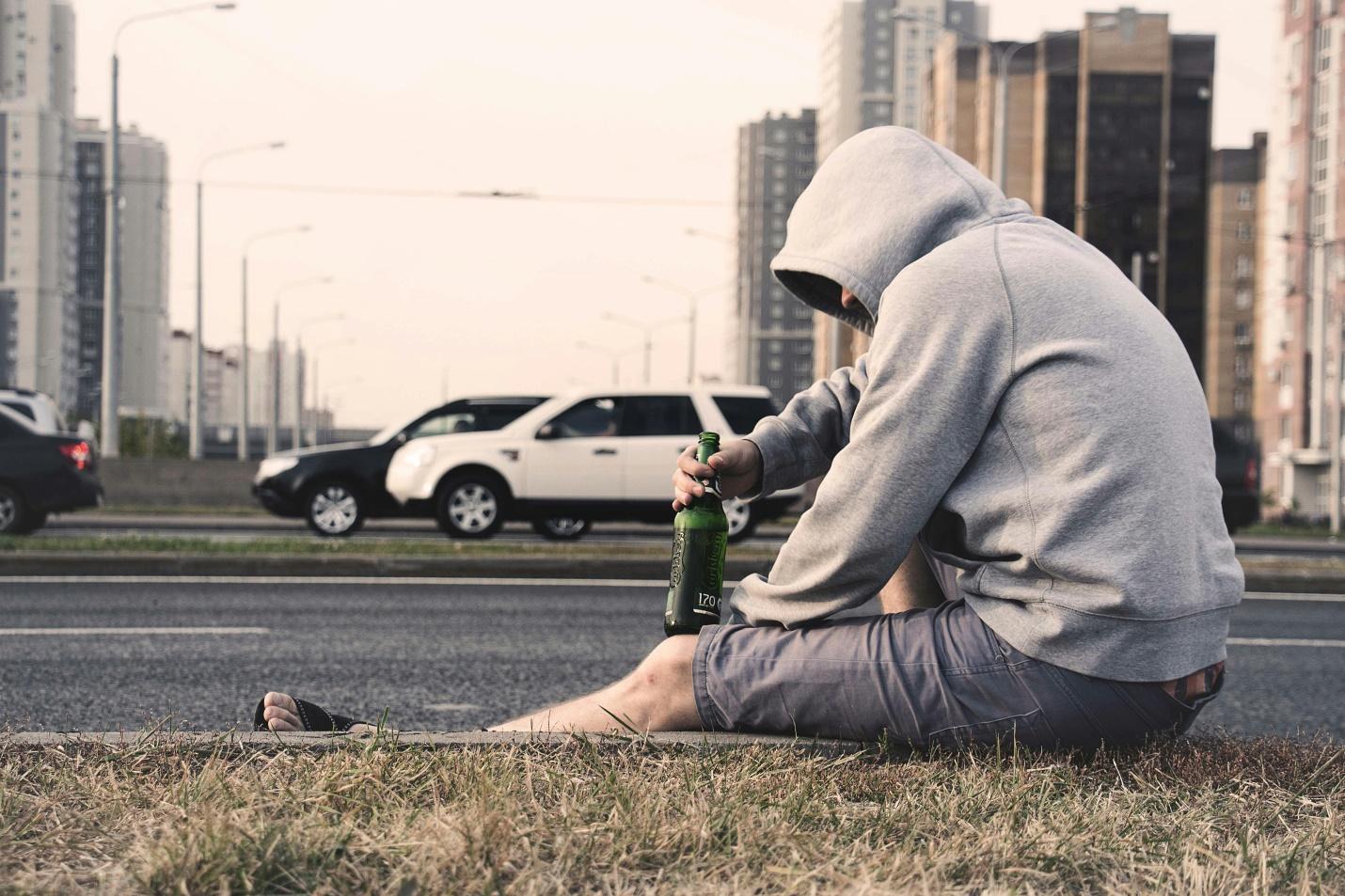
Substance abuse and problematic sexual behaviors like sexual addiction may seem like two completely separate problems. Yet, they are quite similar, sharing a number of causes. In this article, we take a closer look at both and see how, together, they create an incredibly difficult burden for those struggling with both.
Compulsive or problematic sexual behaviors (PSB), like sex addiction, are defined as an unrelenting need to engage in sexual thoughts, actions, or activities, often with harmful consequences. They can become visible in various ways, from excessive pornography use to risky sexual encounters.
Substance abuse disorder (SUD) is the uncontrolled use of legal or illegal drugs. It may take the form of either one of the following dependencies:
Research suggests a significant correlation between sexual addiction and substance abuse. Studies show that 40-64% of those diagnosed with PSB also struggle with SUD, with alcohol and marijuana being common culprits. This connection can be credited to several factors, as explained below.
Trauma, especially childhood trauma, is a common thread linking both addictions. Those diagnosed with PSB often report a higher prevalence of childhood abuse, which includes:
Such individuals turn to PSB to numb or escape the emotional pain associated with the trauma. They also feel compelled to engage in these problematic behaviors as a means to self-soothe or feel validation. Among those who turn to substance abuse, a similarly high rate of childhood trauma is noted.
Unfortunately, having one mental disorder greatly increases the likelihood of developing another one. Reports reveal that up to a quarter of those with a serious mental illness also struggle with SUD. Likewise, in the case of mental health issues in PSB, studies suggest over 90% of those who exhibit problematic sexual behaviors have at least one co-occurring psychiatric issue.
For both problematic sexual behaviors and substance abuse, environmental factors also have an effect. Those who live in a rigid or emotionally neglectful household often have not developed healthy coping mechanisms, thus making them more susceptible to addictive behaviors later in life.
Other external factors that have a similar effect include:
Along with the underlying causes, substance abuse and sexual addiction share another connection: they feed into each other, making it even harder to stop either one.
Sexual addiction often exacerbates substance abuse. Particularly the negative consequences of PSB, such as guilt and shame. To cope with these negative emotions, individuals turn to substances to numb the pain.
However, substance abuse may fuel sexual addiction. When under the influence, individuals may be more likely to take part in risky sexual behaviors they wouldn't consider when sober. Additionally, some substances can heighten sexual desire, further fueling compulsive behavior.
For those struggling with both problematic sexual behaviors and substance abuse, the burden is immense. However, there is a way to overcome these addictions, as they are not isolated issues. They are connected through a string of underlying causes. Hence, treatment approaches can be modified to effectively address both behaviors, providing those troubled with both a way to break free from this vicious cycle.
If you or a loved one is battling PSB, reach out to Paradise Creek Recovery. Our specialized residential programs for men are tailored to address problematic sexual behaviors along with untangling the complexities of co-occurring disorders in PSB. Contact our team today at (855) 442-1912 or email [email protected] to start your journey to a healthier you.
